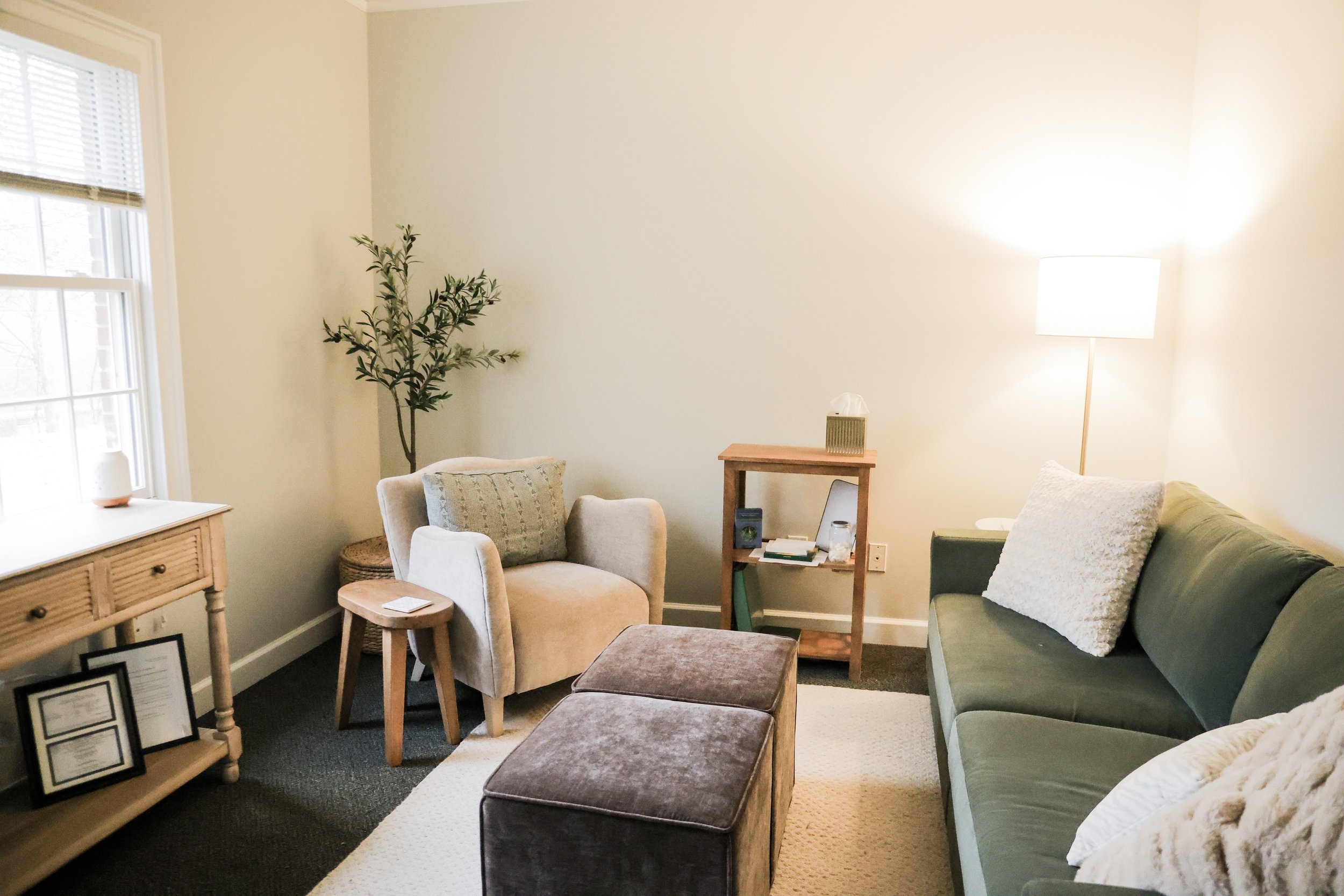
Blog
Social Anxiety + Taking Up Space
Have you ever found yourself saying “yes” to too many things, feeling uncomfortable about something but going along with it because you didn’t want to “rock the boat”, or feeling like you can’t really be yourself with someone because they won’t like the “real you”?
Social anxiety is the feeling that you don’t belong, the belief that you won’t be accepted as you are, and the idea that you need to put on an act to “trick” other people into being your friend. It’s the thought that “If they got to know the real me, I wouldn’t be welcome here”. These feelings, beliefs, and thoughts aren’t necessarily true, but they feel true.





















